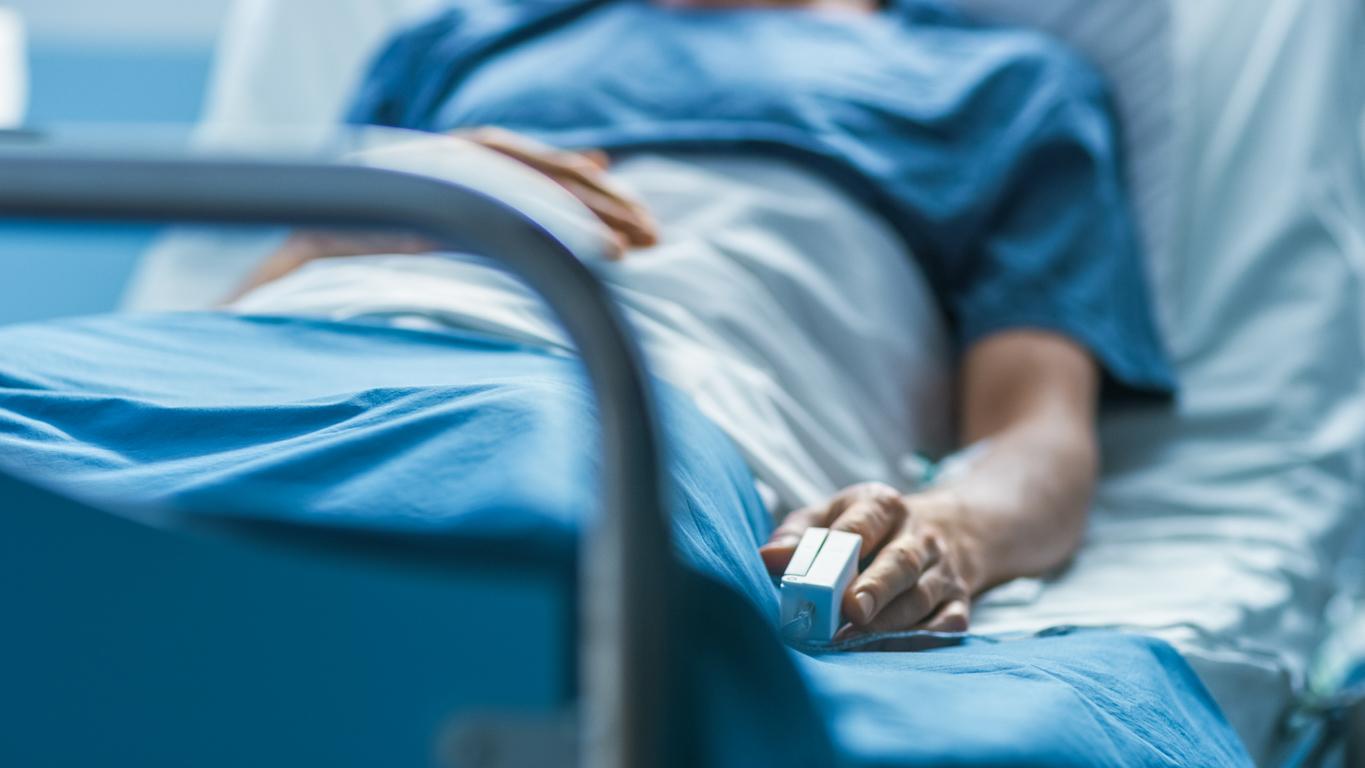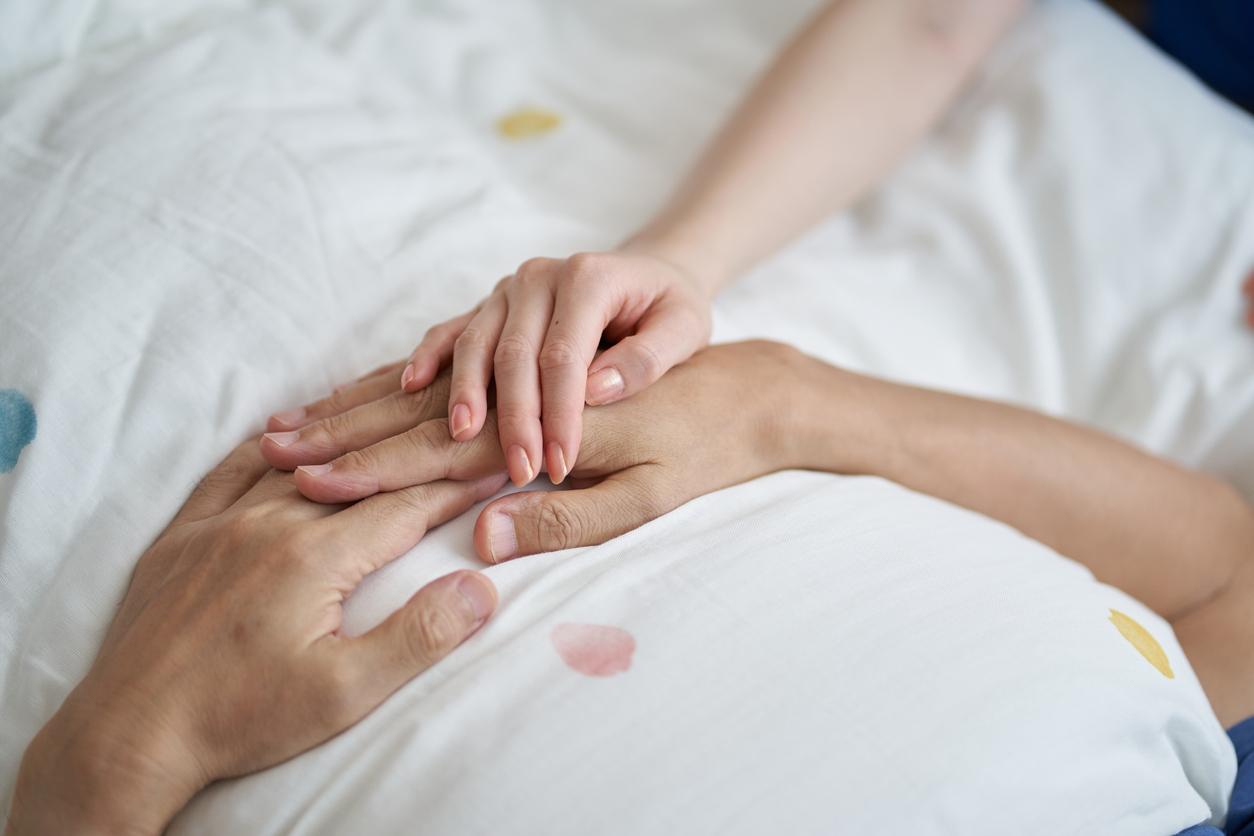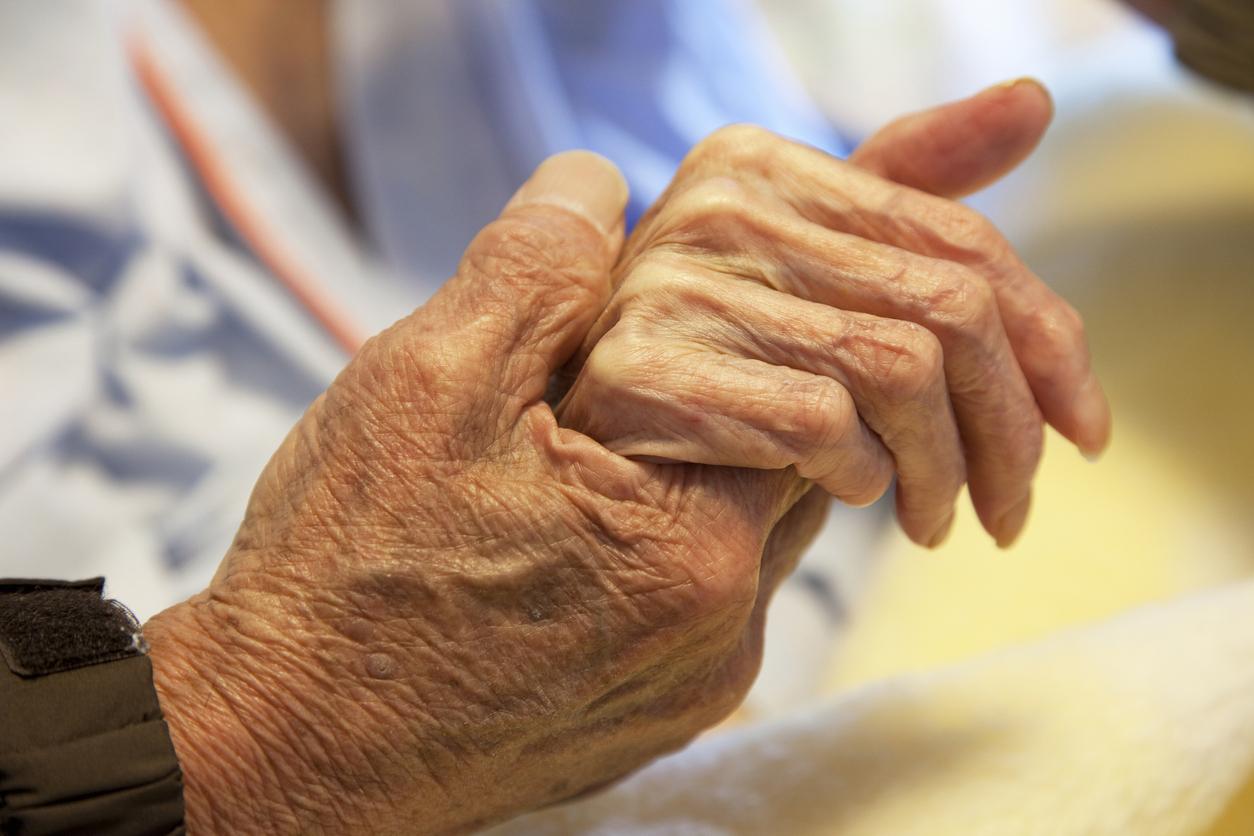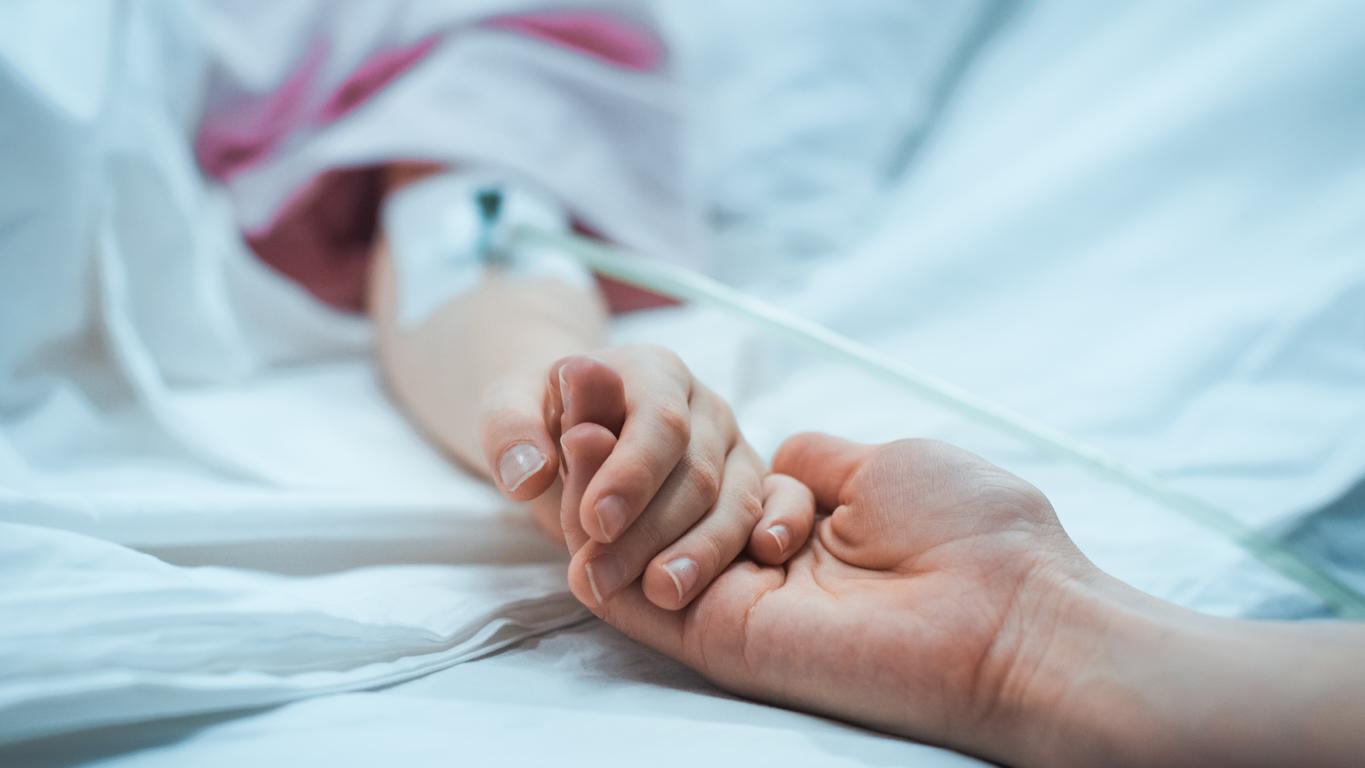The trial of the former emergency physician, Nicolas Bonnemaison, opened this Wednesday in Pau. Accused of poisoning seven people at the end of their lives, he risks life imprisonment.
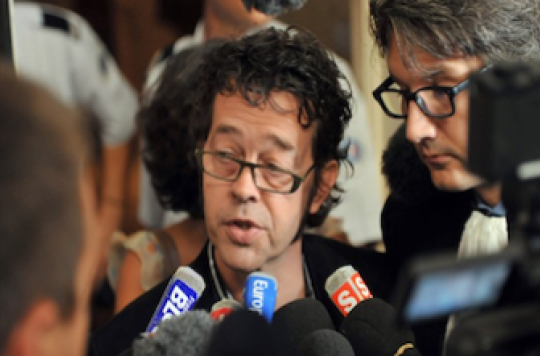
Because of the public and the cameras, he had difficulty making his way to the courtroom of the Pyrenees-Atlantiques Assize Court, in Pau. Normal, because the trial of the former emergency doctor of the Bayonne University Hospital, Nicolas Bonnemaison, which begins today is extraordinary. Accused of having poisoned seven patients at the end of their life, the hearing will last more than two weeks, and seventy witnesses will be present at the stand. Among them, the former Minister of Health, Bernard Kouchner, the author of the law on the end of life, Jean Leonetti, or representatives of the association for the right to die with dignity (ADMD). why actor details the stakes of this legal case which began three years ago.
Facts
The doctor Nicolas Bonnemaison is being prosecuted for “poisoning of particularly vulnerable people”, five women and two men at the end of their life hospitalized in a unit of the emergency department of the Bayonne hospital where he worked. These people had died shortly after their admission, between March 2010 and July 2011, due to the actions of the ex-emergency physician. But the latter was denounced shortly after, in August 2011 exactly, by nurses and a nursing assistant from his department. Struck off by the Council of the Order of Physicians, he has taken responsibility for his actions from the start, and explains having “shown compassion in order to preserve the dignity of patients.” Several families of deceased patients are now supporting him in his legal fight.
The penalty incurred in the eyes of the law
First indicted for the cases of four patients, on August 12, 2011, he was indicted in January 2012 for three other deaths. To date, no victim’s family has lodged a complaint. And so far, only two of them have joined as a civil party, announced the president of the Pyrenees-Atlantique Assize Court this morning.
In law, Nicolas Bonnemaison is accused of having administered drugs to these patients outside of the treatment protocol and without resorting to the advice of other doctors. He would have used Hypnovel, a powerful psychotropic drug, and at least once Norcuron, based on curare, a substance causing paralysis of the respiratory muscles, used in anesthesia-resuscitation. Thus, justice accuses him of having acted outside the framework of the Leonetti law on the end of life. It is true that this allows the doctor to administer to the patient a dose of palliative care which may have the side effect of shortening his life. On the condition of notifying the patient or his family, and in agreement with other doctors. However, in some cases, Dr. Bonnemaison would have acted alone, without notifying anyone. At least not the medical team. He incurs life imprisonment for these facts.
Nicolas Bonnemaison, Vincent Lambert: two cases that revive the debate
The case of Nicolas Bonnemaison divides the French and the medical profession. In 2013, more than 250 practitioners denounced in an open letter to François Hollande the radiation of the emergency physician, and a petition in his favor collected 60,000 signatures. At the same time, the disciplinary chamber of the Order of Physicians of Aquitaine imposed on January 24 the most severe of the 5 penalties provided for, radiation. Thus, Dr Bonnemaison can no longer exercise his profession in France. “We are deeply shocked by this sentence”, recently explained to Agence France Presse one of the signatories of this open letter. “He is a practitioner that we know, he worked 22 years in the hospital,” pleaded this colleague. But beyond his personal case, it is the debate on euthanasia and medical assistance in dying that should resurface.
Especially since next June 20, the Council of State must render its decision concerning the interruption of treatment for Vincent Lambert, a quadriplegic patient in a vegetative state for several years whose family is torn apart around the end of life. An independent expert has confirmed the incurability of his condition. The decision of the Council of State will therefore be read as a restrictive interpretation or not of the Leonetti law. But before rendering its decision, the administrative court wished to consult certain medical experts for an opinion. Among them, Jean Leonetti, the Order of Physicians, and the National Consultative Ethics Committee. The only opinion made public, that of the Academy of Medicine, which issued a warning on the management of patients in a vegetative state. According to her, to cure is the only mission of the doctor.
A new end-of-life law coming soon?
Finally, the government recently announced its desire to go further than the current law without specifying a timetable. François Hollande declared in January 2014 that a bill would be presented in the coming months. But since then, nothing. The official explanation, according to The world, is that the consultations should be launched once a report has been submitted by the Ethics Committee, which should summarize the contributions made over the past two years by its members, the Sicard mission, citizens and regional ethical spaces.
.







